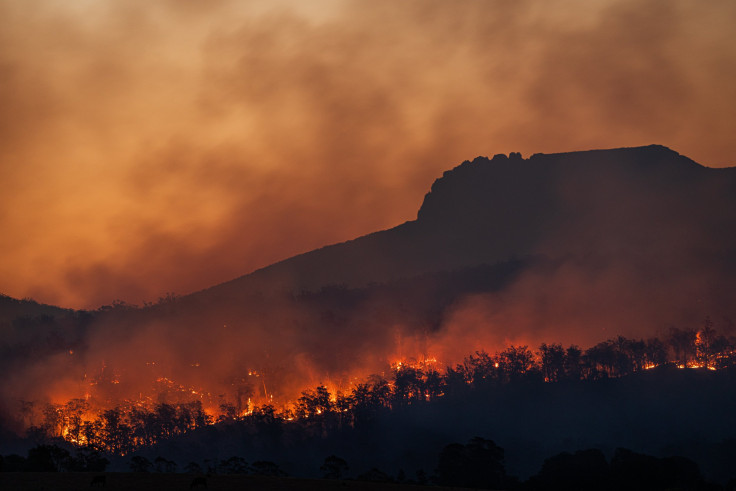
Latinos in the U.S. are among those most impacted by the combined effect of extreme heat and wildfire smoke, which pose a greater risk to people than separate.
According to a study published in the journal Science Advances and reported by The Associated Press, climate change is increasing the frequency of both hazards, especially in the state of California. This has led to increased hospitalizations, with nonwhite communities being disproportionately impacted.
The reasons, the study says, vary. "Structural racism, discriminatory practices, lack of medical insurance, less understanding of the health damages and a higher prevalence of multiple coexisting conditions are among" them, AP reported, with "Infrastructure, the surrounding environment and available resources" also being factors.
The study analyzed California health records during episodes of extreme heat and toxic air from wildfires between 2006 and 2019. It showed that hospitalizations increased by 7% on days where both conditions took place, and were higher in ZIP codes where people were poorer, nonwhite and didn't have healthcare.
Climate change is set to create these conditions more often, as reports show that global temperatures will continue increasing unless drastic action is taken to reverse course. And Latinos in the U.S. are among the groups that, if present conditions continue, will bear a disproportionate impact.
In California, Latino residents live in areas that are 6.5°F hotter due to the lack of tree shade and green spaces in their neighborhoods. And at a national level, Latinos are 21% more likely to live in areas prone to heat waves compared to non-Hispanics.
Moreover, a study from the University of Arizona found that Blacks and Hispanics are more likely to live in low-income areas that are at high risk of flooding. The report highlights that 25% of Latinos in the U.S. live in a county that has experienced a a federal disaster declaration for flooding in 2023, compared to 10% of non-Latinos who have been through this situation. At a national level, 44% of Latinos live in counties with high flood risks, in contrast with 35% of non-Latinos.
Latinos are also victims of bad environmental laws, as seen in Chicago, where they are exposed to more risks through fossil fuel pollution. A recent study from the city of Chicago found that Latino neighborhoods have high levels of particulate matter in the air of their communities, which leads to an increased risk of contracting chronic illnesses.
"Communities with low socioeconomic status and high rates of chronic health conditions are especially vulnerable to the impacts of air pollution," reads the report.
© 2025 Latin Times. All rights reserved. Do not reproduce without permission.




